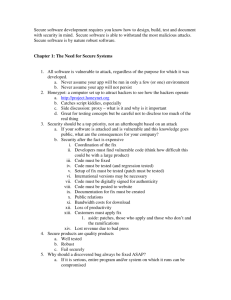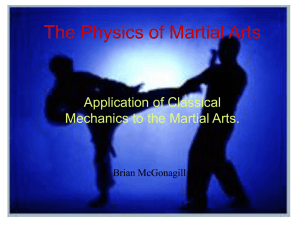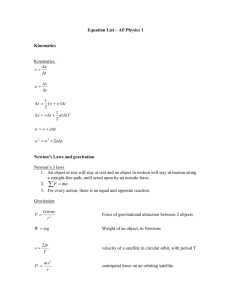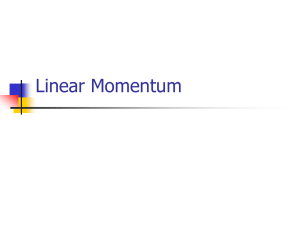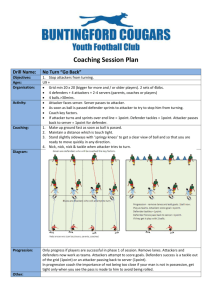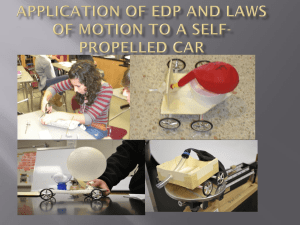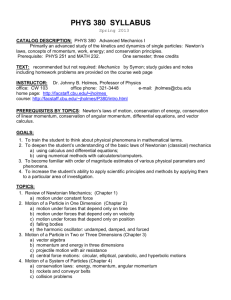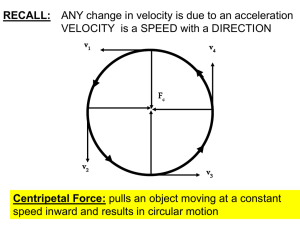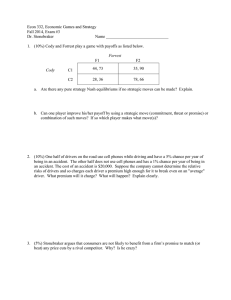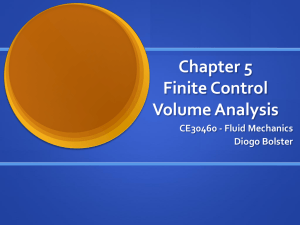Physics of Martial Arts .
advertisement
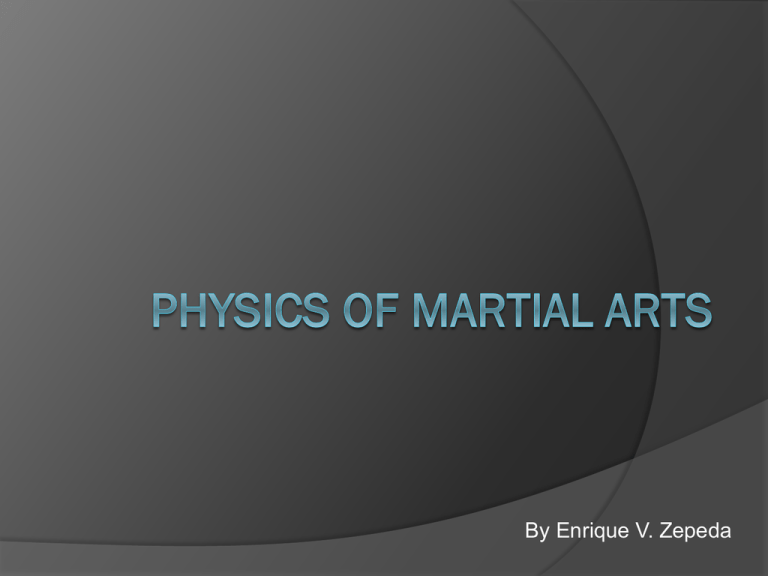
By Enrique V. Zepeda Introduction Many martial arts techniques were developed under the basis of physics. Everybody possess potential energy depending of the size, muscle strength and health. Hard style techniques: punching, kicking, chopping. Soft style techniques: blocking, take down’s, arm locks. Hard style All hard style techniques are follow conservation of mechanical energy: E= K+U => K=-U Where K is the kinetic energy (½ mv2 ), and U is the potential energy which can be due to gravity or the work produced by our muscles, or both. Martial artists concentrate all of their energy in a very small contact point to reduce the area so that the force produced will not spread throughout a large area. This pressure produced can be calculated: P=F/a, where F is the force of the hit and a is the area. Soft style The main physical principal is conservation of momentum. When blocking, martial artist redirect the hit controlling the direction of the attacker’s momentum so that it goes at an angle. Since the strike is now on an angle, the defender can use less force. Another way to use conservation of momentum is when the defender takes down the attacker using his/her own momentum. The initial momentum of the attacker becomes the angular momentum of both the attacker and defender. P=L/r And since the defender moves along with the attacker, the defender applies little to no torque at all. http://www.youtube.com/watch?v=wlmAoQ 5HYTk References http://entertainment.howstuffworks.com/ karate2.htm http://www.phys.ttu.edu/~cmyles/.../Phys ics%20of%20Martial%20Arts.doc
